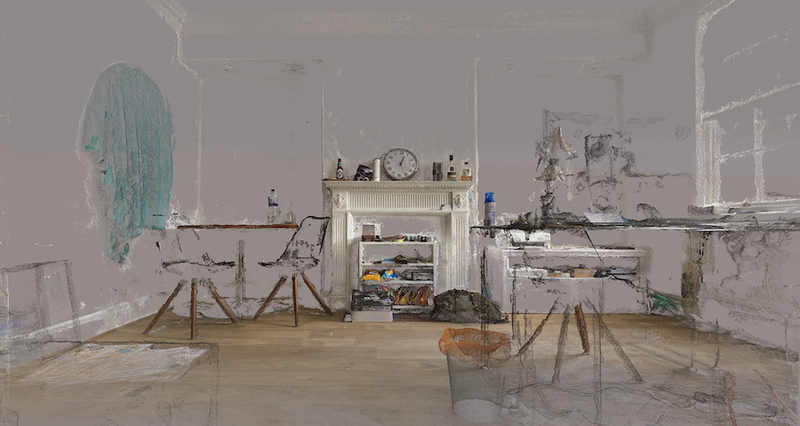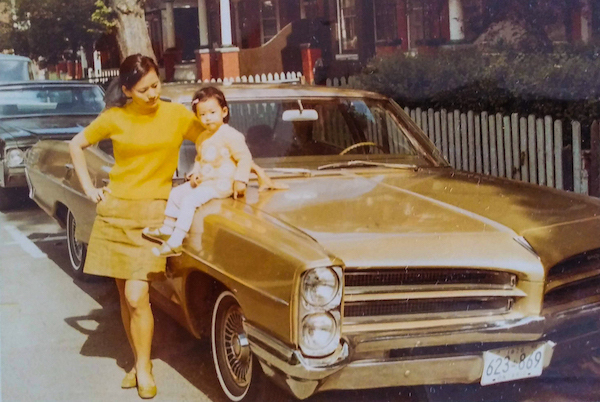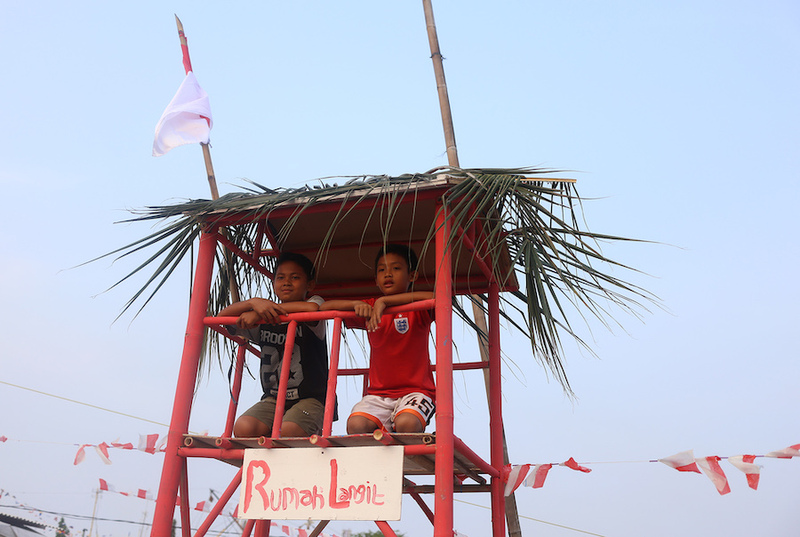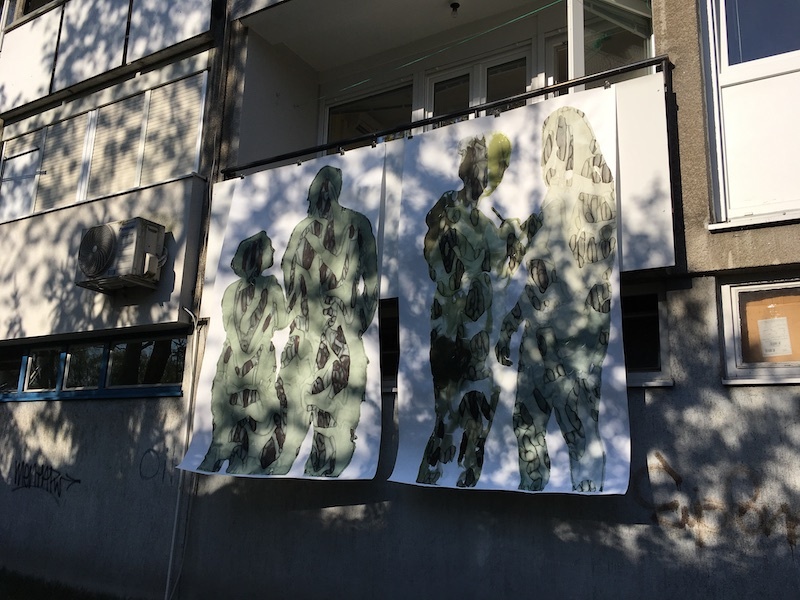
Bukhara State Architectural Art Museum-Preserve / National Museum Fund of the Republic of Uzbekistan
In Central and West Asian states, the Persian word dastshui was used to describe a metal or ceramic wash basin consisting of two main parts: a reservoir for collecting water and a bowl with drain holes. A dastshui was taken out to the guests in order for them to wash their hands before and after dinner, along with a special water jug with a long curved spout: abdasa or aftoba. These items were also used for ritual washing in mosques, common in the Muslim world.
The copper dastshui presented in this image is a part of the collection of the Bukhara State Architectural Art Museum-Preserve. It was made in the 19th century in the city of Shakhrisabz, a large craft center of the Emirate of Bukhara that existed until 1920 on the territory of contemporary Uzbekistan, Tajikistan, and part of Turkmenistan. The dastushui is covered with sheet silver, on top of which there is an islimi ornament, commonly known as an arabesque—a complex pattern that combines geometric and plant forms. The ornament is partially covered with niello, while the petals drawn from the center—with green, blue, and red paint. The outer belt of the bowl is inlaid with turquoise. In the same museum there is also a copper aftoba jug made in Bukhara from the same materials and using the same techniques—these objects prove their owners’ wealth— they were intended to be used by the guests of the house and were to be included with the items that were brought out by the servants. Cheaper ceramics were definitely in use as well. Dastshui and aftoba were especially widespread in Qajar Iran in the 19th century and in neighboring states, such as the aforementioned Emirate of Bukhara and Khwarazm. Today in some Muslim regions you can find plastic aftoba, although more and more they have been replaced by the modern sanitary ware with which we are now more familiar.
Washing your hands before and after having a meal is not a ritual in a strict sense—at least, such washing is not prescribed by the Islamic code of conduct and social norms known as fiqh. Instead, people are ordered to follow the procedures of “partial” (wudu) or “full ablution” (ghusl) after having contact with impure substances or committing impure activities. Thus, partial ablution—washing one’s face, arms, ears, and feet below the ankles—is required after coming in contact with the secretions and blood of animals and humans, touching a dead body, deep sleep, urinating, defecation, touching the genitals with a hand, and touching the body of a person of the opposite sex who is of an age that makes them suitable to be someone’s spouse. Full ablution is required after sexual intercourse, menstruation, and childbirth. In addition, partial ablution must also be performed before each prayer, visiting a mosque, or reading the Quran.





